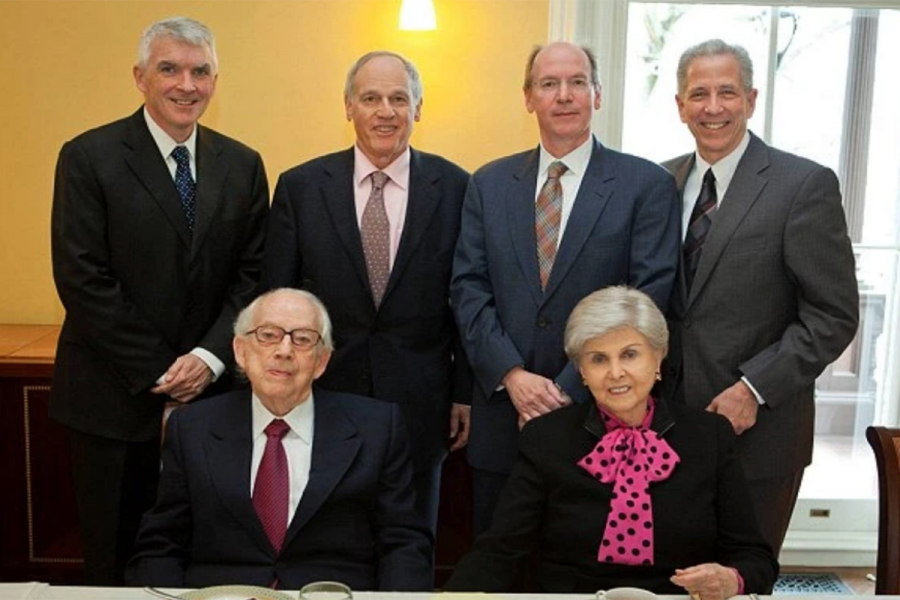
Protesters travelled to Paris and demanded The Louvre Museum no longer bear the name of a family they feel is complicit in the opioid epidemic: the Sackler family. The Sacklers are a British-American family primarily known for founding and owning the massive pharmaceutical company, Purdue Pharma.
While many large pharmaceutical companies have come under fire recently for their price-gouging of life-saving medications, Purdue Pharma has been specifically implicated for their role in the opioid crisis. In 2007, Purdue Pharma was forced to pay $600 million in fines for misleading regulators over the addictiveness of their most profitable drug, OxyContin. More addictive than morphine, the rise of OxyContin since it first hit the market in 1996 can be directly linked to the rise of opioid-related deaths, which sit at around 100 per day in the U.S. It is estimated that there are millions of addicts in the country who can trace their opioid addiction to the initially legal use of prescription OxyContin.
Typically prescribed after surgeries, dental work or for pain management in major injuries, OxyContin is fairly easy to obtain. Purdue Pharma is currently facing over 1,600 lawsuits throughout the United States for their alleged aggressive and misleading marketing of OxyContin. However, before they were making news for their role in widespread and lethal opioid addictions, the Sackler family was most notable for the philanthropic contributions to major museums, galleries, and cultural centers.

The Sacklers have been a large source of funding for fine art museums, like the Metropolitan Museum of Art, the Guggenheim, and the Louvre, all of which have seen major protests from anti-opioid activists. Protestors from the American group P.A.I.N. (Prescription Addiction Intervention Now), formed by photographer and former opioid addict Nan Goldin with the specific mission of confronting the Sackler family, traveled to Paris and participated in a protest calling for the removal of the Sackler name from several rooms throughout the Louvre. P.A.I.N. has stated their primary goal in protesting is to force influential cultural institutions to disaffiliate, both through honorary naming practices and financial support, from the family which many feel are to blame for the opioid epidemic.

The Sackler Trust has disbanded all charitable giving following the widespread condemnation of their role in the opioid crisis. So far, the Met, the Guggenheim, the National Portrait Gallery, and the Tate have agreed to stop accepting money from the Sackler Trust, but P.A.I.N. wants to push a step further. Aside from also calling for the removal of the Sackler name, P.A.I.N., and Goldin specifically, wants to see the Sackler wealth redistributed toward treatment and outreach programs for opioid addicts.
The Sackler family controversy is just one of many cases of questionable funding for major cultural institutions. Extensive protests against BP’s funding of museums like the Tate in 2016 ended a 26-year-long sponsorship for the British fine art museum. Recently, their financial backing of the British Museum and the National Portrait Gallery have also come under fire, as activists feel they are a major contributor to global climate change. Going forward, other targets of controversy could include international banks, which are often hailed as monopolies of money that push exploitative policies.
The protests surrounding the Sackler family raise a larger question into the sometimes hypocritical nature of funding for fine art and cultural centers. Places that often exhibit works with themes of drug abuse, addiction, environmentalism, and anti-capitalism draw large portions of their finances from pharmaceutical companies, fuel giants and international banks. These organizations must weigh their desire for noncontroversial funding with the need for guaranteed, donation-focused financial contributions.
To learn more about the opioid crisis in the U.S. click here.


